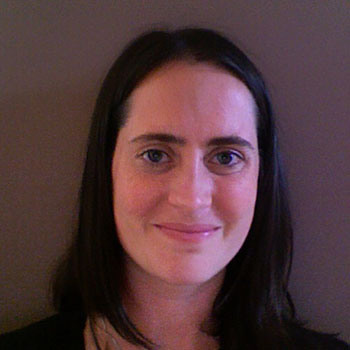
Supernatural hope is a decision, an existential state, staking your happiness on God in the knowledge that you were loved even before you were born.
By Kaitlyn Curtin
8 October 2021
“The Decrepitude of Words”
English fails us when it proposes the words faith, hope, and love to name the superpowers God bestows on His children in Baptism.
English fails us with the bland word Confirmation to describe the sacramental in-rushing of the Holy Spirit, and again with the uninspired Ordinary Time for most of the liturgical year.
In the secular realm, English’s failures abound. We don’t have a word that means the opposite of racism or that can serve as a not-pejorative replacement for premodern.
We cannot stay completely ahead of the failure of words. There is something inherently ineffable about our deepest realities. In an essay, Catholic novelist Walker Percy wrote about the regrettable “infirmity” of language:
Language is a living organism and as such is subject to certain organic ailments. In this case it is the exhaustion and decrepitude of words themselves, an infirmity which has nothing to do with the truth or falsity of the sentences they form. The words of religion tend to wear out and get stored in the attic…
So decrepit and so abused is the language of the Judeo-Christian religions that it takes an effort to salvage them, the very words, from the husks and barnacles of meaning which have encrusted them over the centuries. Or else words can become slick as coins worn thin by usage and so devalued. One of the tasks of the saint is to renew language, to sing a new song…
Hopeful and Pessimistic
Let us turn our attention to the word hope.
In everyday speech, hope concerns the status of this world, not eternal happiness.
Many people use hope to indicate that, though they fear a negative outcome is probable or lack the ability to produce their favored outcome, they nevertheless are opting for optimism.
Is that the sort of hope always a virtue?
Consider times when an optimistic outlook was utterly uncalled for:
- The formation of the Directory during the French Revolution, November 1792
- The advent of a communist autocracy in Russia, October 1917
- Hiding in a basement during the firebombing of Dresden, February 1945
- Diagnosis of an incurable, untreatable illness in many a doctor’s office, today
Optimism, it turns out, is often highly inappropriate. In every single instance above, however, the supernatural virtue of hope was not only appropriate, but was the most appropriate response to the situation.
Supernatural hope has nothing to do with thinking that things will improve.
Supernatural hope is the act of staking your happiness on God, not on yourself or something that can be taken from you.
Supernatural hope is an existential state, and it is a decision. In supernatural hope, you believe that you are not ultimately defined by your desires or temptations; you are not the sum of your failures; finitude is not your true story. You are a child of a God who loved you before you were born and who came to you before you called out to Him.
Singing a New Song
We have little chance of altering English on any scale.
We can adjust the language of our personal prayer by adding supernatural or theological virtue of when we pray for hope. Or we could use the Latin word instead – spes– to help ourselves remember that workaday hope isn’t what we pray for.
We can also pray to be more closely conformed to Christ through Scripture, which never proposes hope apart from God’s providence. To this end, we ought to spend more time reading God’s life-giving word than we spend scrolling through the soul-sucking news cycle. Thus would we let God sing His Word of hope into our souls.
Let us look to Him, whether in success or distress, with joyful, theological, supernatural, baptismal, divine, and death-defying hope!
Photo Credit: Lauren Heaton. All rights reserved. Used with permission.

Kaitlyn holds graduate degrees in Theology and in Education. She spends her time mothering 5 children, ages 1-10, who have provided her a good deal more education than all her degrees put together. She used to spend her time teaching junior high, high school, undergrad, graduate, homeschool, co-op, and distance learning classes. You can read a chapter she contributed to Teresa Tomeo’s book Listening for God and you can connect with her at her website: http://kaitlyndudleycurtin.com/
Your words so true,
News not worth our time, the world needs us in prayer and listening to God’s word time.